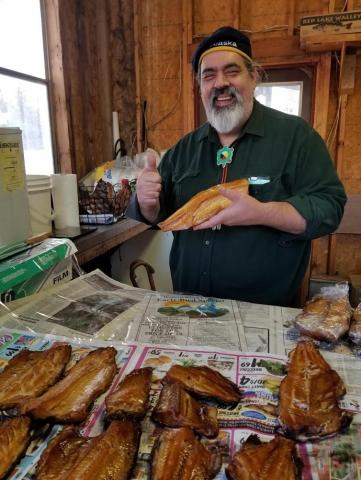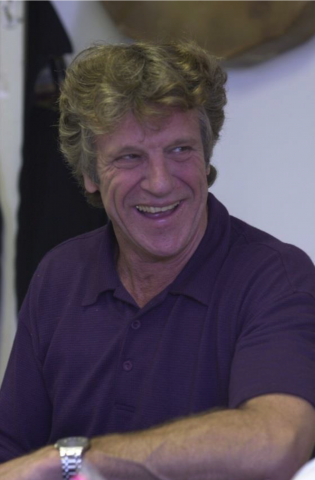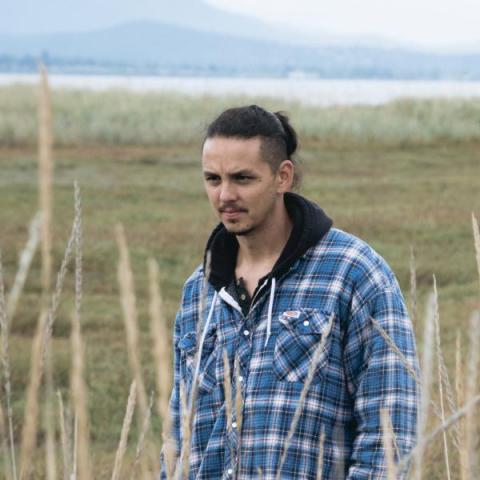Towards Legal Recognition for Non-Human Relations, Webinar 3: Non-Human Species
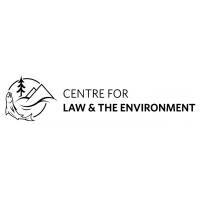
Centre for the Law and the Environment Assistant
Dec 1, 2021
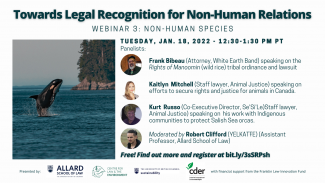
Tuesday, January 18, 2022, 12:30 - 1:30 PM (PT)
The Centre for Law & the Environment (CLE) at the University of British Columbia, in Vancouver, in collaboration with the UBC Sustainability Initiative and the Center for Democratic and Environmental Rights (CDER), is organizing a series of webinars and a workshop for individuals and organizations from Indigenous and non-Indigenous communities interested in enacting laws that respect and protect non-human beings like rivers, lakes, species and ecosystems. Attendees will hear directly from people who have taken part in campaigns to achieve legal recognition of non-human relations in Canada and abroad, about why and how they pursued such recognition, what opportunities and obstacles they encountered and what lessons they learned.
This third webinar will focus on non-human species. Panelists will discuss efforts to secure legally effective recognition of non-human plants and animals as rights holders in Indigenous and non-Indigenous legal systems.
Panelists
- Anishinaabe attorney Frank Bibeau will speak about the Rights of Manoomin (wild rice) tribal ordinance and the lawsuit he filed on behalf of manoomin to uphold those rights in the White Earth Nation Tribal Court, Minnesota.
- Animal Justice staff lawyer Kaitlyn Mitchell will speak about efforts to secure rights and justice for animals in Canada.
- Se’Si’Le co-Executive Director Dr. Kurt Russo will speak about his work with Indigenous communities to protect orcas of the Salish Sea in accordance with Indigenous knowledge, laws and worldviews.
Moderator
- The webinar will be moderated by Robert Clifford (YELKATŦE), who is WSÁNEĆ, a member of the Tsawout First Nation and Assistant Professor at Allard.
More About the Speakers
- Centre for Law and the Environment
